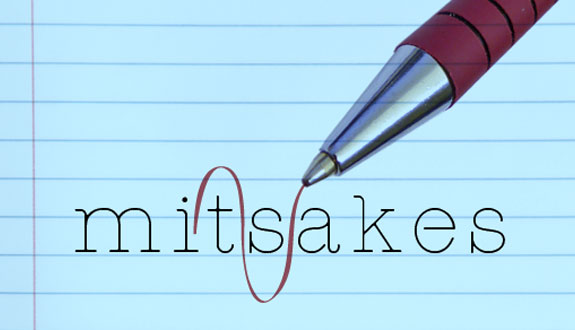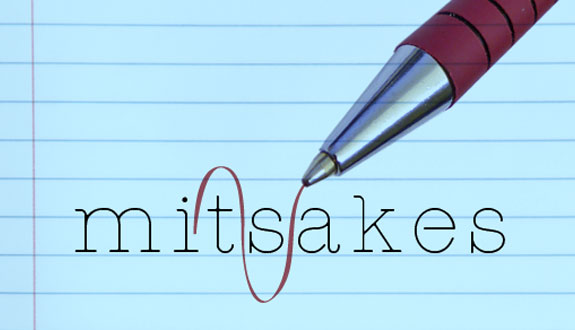Five Law School Application Errors
- by
- Dec 06, 2019
- Admissions, Law School
- Reviewed by: Matt Riley


Post-Thanksgiving leftovers sandwiches have been devoured and the smell of roasting chestnuts has invaded Christmas markets the country over. Rather than basking in holiday cheer, let’s Grinch it up in here and talk about law school applications.
That’s right, we’re talking about law school! There’s plenty of advice out there about how to apply for law school, but today we’re going to focus on the negatives: happy holidays, we got you a what-not-to-do list!
Here’s a list of five mistakes you don’t want to make when you’re putting your law school applications together. Good luck!
1. Your personal statement is about a person, but that person isn’t you
If you finish your personal statement and think, huh, this could apply to a dozen of my classmates, then you’ve done yourself a disservice. The goal of writing a personal statement is to let the reader see who you are beyond a list of your accomplishments (that’s what the résumé is for)). It should be anything but generic.
When writing a personal statement, you want the admissions board to feel like they know why you, in particular, will be an asset to their law school. A single story with a honed message will serve you much better than a scattershot summary of some pre-law kid who’s done all the right activities.
2. The résumé you use to apply for a job and your law school résumé are identical
It almost feels like a misnomer, calling a law school résumé a “résumé.” Although there are clear similarities in content — both list jobs you’ve held — the goals of the two documents are actually quite distinct. Law schools don’t particularly care about your salary history, nor are they interested in your proficiency with the Microsoft Office suite of products. Think of your law school résumé as more of a curriculum vitae.
The goal of your résumé is to highlight the kinds of accomplishments that mark you as someone who is likely to succeed in law school, which will likely involve spending some time on your academic history as well as sketching your job history. It’s a bit of a balancing act, of course. If you’ve been out of undergrad for a decade, you may want to spend more time talking about your leadership in the business world than some classwork you haven’t thought about in ages. Or if your only work history is babysitting for neighborhood kids, it will probably benefit you to devote more space to the poster you presented at an academic conference.
3. You waited until now to ask for letters of recommendation
Asking for letters of rec is nerve-racking, and the natural instinct to procrastinate is hard to overcome. However, the clock is ticking and the tide of rolling admissions waits for no law school hopeful. Professors, managers, volunteer coordinators, and community leaders are busy people. Expecting a turnaround of a few days, or even a few weeks, for a letter of rec is setting yourself up for failure. Try to give potential recommenders two to three months of lead time, and be prepared to hand them a brief summary of information about you and some of the work that you’ve done together that you may want them to include in their letter.
4. Yuo have a couple a typos in your materials
A bit self-explanatory, but important nonetheless. If you don’t care enough to use spell check, why should an admissions board care about your application?
5. You ignore some of the application rules
Rules: they apply to you too! If a law school application gives you an instruction, follow it. Let me say that again: if an application gives you an instruction, follow it.
The law is a profession of nitpickers who read the fine print. Don’t tempt fate by playing fast and loose with application requirements. It may seem obvious, but it’s stunning how often people neglect clear rules. Fill out every box on application forms, keep your writing within the word count/page limit, and if there are notes on preferred formatting or ordering follow them to the letter.
Search the Blog

Free LSAT Practice Account
Sign up for a free Blueprint LSAT account and get access to a free trial of the Self-Paced Course and a free practice LSAT with a detailed score report, mind-blowing analytics, and explanatory videos.
Learn More
Popular Posts
-
logic games Game Over: LSAC Says Farewell to Logic Games
-
General LSAT Advice How to Get a 180 on the LSAT
-
Entertainment Revisiting Elle's LSAT Journey from Legally Blonde








